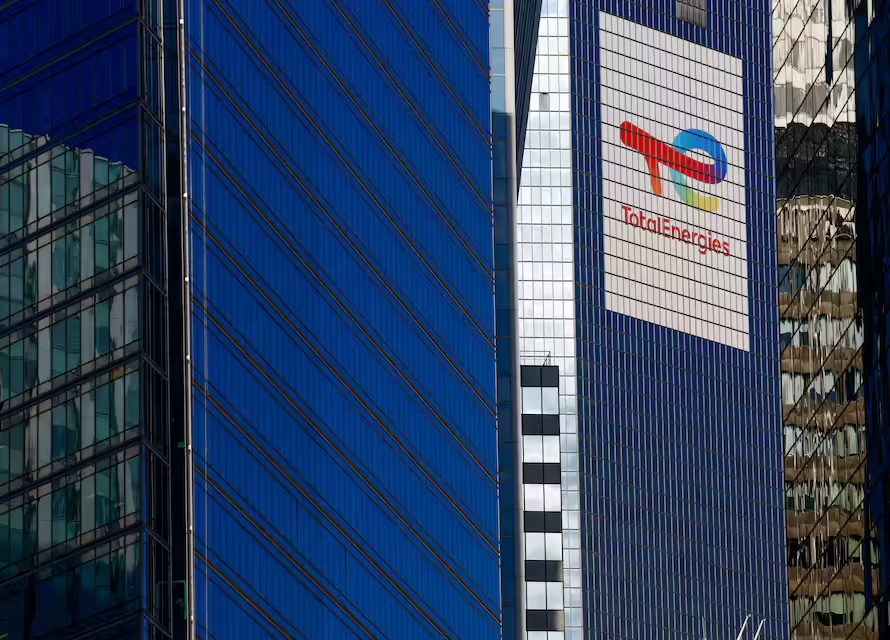The UK will become the first G7 country to end coal-fired power production on Monday with the closure of its last power station, Uniper’s Ratcliffe-on-Soar in the Midlands, England.
The closure will end more than 140 years of coal power use in the UK.
In 2015, the UK announced plans to close coal-fired power plants over the next decade as part of wider measures to achieve climate targets.
At the time, almost 30% of the country’s electricity came from coal, but this has fallen to just over 1% in the last year.
Julia Skorupska, head of the secretariat of the Powering Past Coal Alliance, a group of around 60 governments seeking to phase out coal power, said the UK had proved that it was possible to phase out coal power at an unprecedented pace.
Reduced use of coal power has helped reduce greenhouse gas emissions in the UK, which have more than halved since 1990.
The UK has a target to reach net zero emissions by 2050, also planning to decarbonize the Electricity sector by 2030, a move that will require a rapid increase in renewable energy such as wind and solar.
Energy Minister Michael Shanks stated the coal era may be over, but a new era of energy jobs that are good for the country is just beginning.
Emissions from energy make up about three-quarters of total greenhouse gas emissions and scientists say that the use of fossil fuels must be limited to meet the targets set in the Paris climate agreement.
In April, the G7 major industrialized nations agreed to phase out coal power in the first half of the next decade, but also made concessions to countries that rely heavily on coal, drawing criticism from environmental groups.
Christine Shearer, Research Analyst, Global Energy Monitor, said there is a lot of work to be done to ensure that the 2035 target is met and pushed forward to 2030, especially in Japan, the United States and Germany.
Coal power still accounts for more than 25% of Germany’s electricity and more than 30% of Japan’s electricity.


